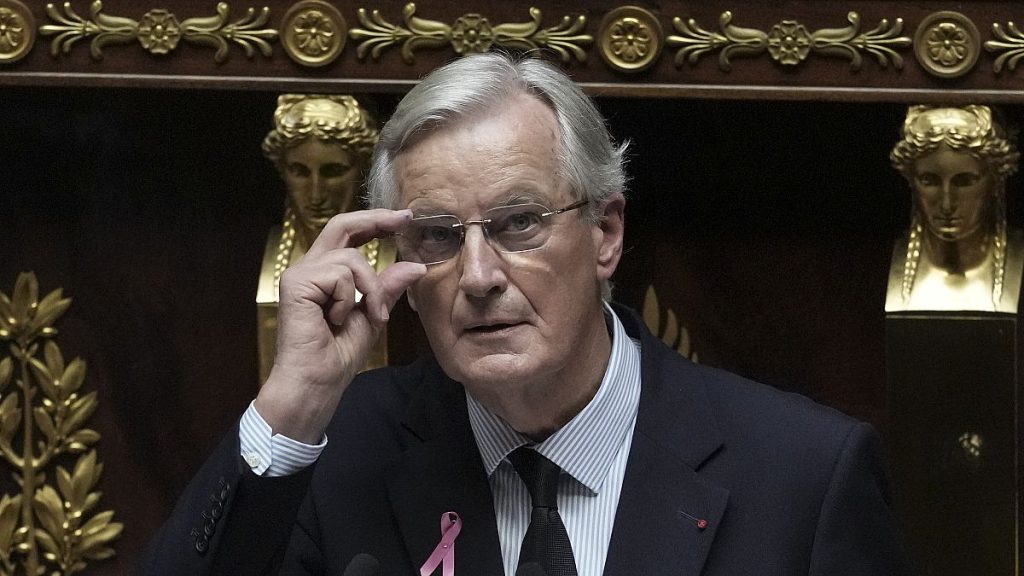Italy has opened two return hub centres in Albania to process thousands of asylum-seekers outside its borders, a controversial move that has sparked backlash from human rights campaigners. France’s Prime Minister Michel Barnier has expressed doubts about the effectiveness of a similar deal in France due to legal reasons. The first centre in Shengjin will screen newcomers, while the second centre in Gjader will accommodate migrants during the processing of their asylum requests. Up to 3,000 migrants picked up by the Italian coast guard each month will be sheltered in Albania under a five-year deal signed by Italian Prime Minister Giorgia Meloni and Albanian Prime Minister Edi Rama. This agreement to outsource asylum seeker housing to a non-EU member country has been praised by some nations facing a refugee burden but criticized by human rights groups as setting a dangerous precedent.
A court in Rome ruled that 16 migrants sent to Albania earlier had the right to be brought back to Italy, further complicating Italy’s plan to process asylum seekers in Albania. Italian Prime Minister Giorgia Meloni criticized the ruling, arguing that it undermines the country’s ability to defend its borders and repatriate individuals. France and Italy are working together to strengthen border control and combat illegal immigration, with Barnier meeting with Italian Foreign Minister Antonio Tajani to discuss these issues. They agreed to establish a special “brigade” to crack down on migrant trafficking over the Franco-Italian border, emphasizing the importance of cooperation in addressing migration challenges.
France is navigating political turmoil following snap legislative elections in June, with the Barnier government lacking a majority in parliament. Efforts to pass new legislation are likely to face obstacles as the National Assembly is divided between left-wing, centrist, and far-right political blocs. The EU has faced challenges with irregular migration, with over 1 million asylum claims in the previous year. The bloc has focused on enhancing the deportation process for individuals whose asylum applications have been denied, with an emphasis on innovative solutions such as establishing return hubs outside EU territory to wait for completion of the deportation process.
The EU summit in Brussels discussed the critical issue of irregular migration, following the completion of a comprehensive overhaul of the asylum rulebook after almost four years of negotiations. Despite the milestone, governments are calling for more action to prevent irregular border crossings and reduce asylum claims. The focus has shifted to finding effective solutions to increase the rate of successful deportations, which currently stands between 20% and 30%. The establishment of return hubs outside EU territory has gained traction as a strategy to manage migrant flows by transferring individuals with denied asylum applications to these external centres until deportation procedures are finalized.
The controversial agreement between Italy and Albania to process asylum seekers outside Italian borders has raised concerns among human rights campaigners. The ruling by a court in Rome allowing migrants to be brought back to Italy from Albania has further complicated Italy’s approach to managing asylum processes. France and Italy are collaborating to strengthen border control and address illegal immigration, with a focus on dismantling migrant trafficking networks. France is navigating a divided political landscape following legislative elections, with challenges in passing new legislation due to the fragmented National Assembly. The EU is grappling with the issue of irregular migration and exploring innovative solutions such as establishing return hubs outside EU territory to streamline the deportation process for individuals with denied asylum claims.


